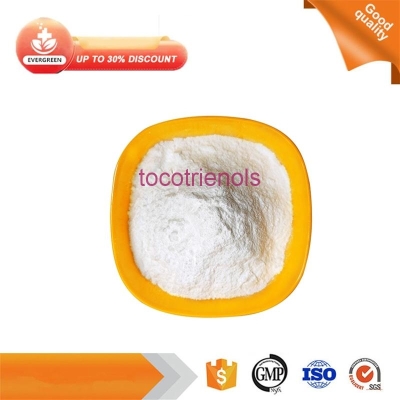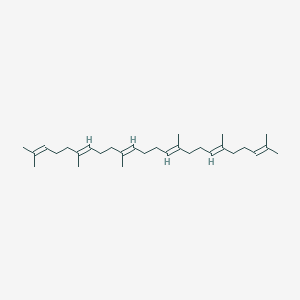Stem cells to treat diabetes! I3C/Mitsubishi UFJ/Tokyo University of Technology collaborated on the use of iPSC to create a β pancreas:
-
Last Update: 2021-02-12
-
Source: Internet
-
Author: User
Search more information of high quality chemicals, good prices and reliable suppliers, visit
www.echemi.com
Japanese pharmaceutical companies Daiichi Sankyo, Mitsubishi UFJ Capital Co., Ltd. and Tokyo Institute of Technology have jointly announced that they will launch an open and innovative study aimed at creating insulin-producing cells with induced erythrocyte stem cells (iPSCs) for regenerative medicine and cell therapy.
The Kume and Shiraki laboratories at the School of Life Sciences and Technology at Tokyo University of Technology have developed a technology that can produce pancreas β cells (insulin secretion cells in the pancreas) from human iPS cells at high speeds. The study has found that when combined with the first three technologies, the technique creates insulin-producing cells derived from ips cells that are similar to the body's own pancreatic β cells.
this innovative study, which aims to improve the performance and manufacturing process of these ips cell-based insulin-producing cells, is intended as an innovative therapy for the treatment of severe type I diabetes, which traditional insulin therapies struggle to control blood sugar levels.
to carry out the research, a new company called OiDE BetaRevive has been established and will be whobly funded by OiDE Fund Investment Limited Partnership operated by Mitsubishi UFJ Capital Limited.
if the pre-agreed objectives of the three-year joint study are achieved, The First Three will acquire all of BetaRevive's shares in order to continue to study the project independently. After the successful launch of the product, the first three will pay the Tokyo Institute of Technology in the form of royalties.
the study is OiDE Fund's fourth investment, and Third Republic Mitsubishi UFJ Capital plans to continue further open innovation projects using overseas investment funds to develop new drug discovery platform technologies. OiDE Fund was co-founded in 2013 by Mitsubishi UFJ Capital and First Third, operated by Mitsubishi UFJ Capital.
type 1 diabetes occurs because insulin-producing cells in β are destroyed for some reason. Insulin preparations are used in the treatment of type 1 diabetes. However, some patients with significantly impaired endogeneic insulin secretion are unable to achieve good blood sugar control. These patients may experience severe hypoglycemia episodes repeatedly, leading to a deterioration in quality of life and prognostics. Although islet transplantation is considered effective in these cases, a new treatment is urgently needed due to a shortage of supplies. (Bio Valley)
This article is an English version of an article which is originally in the Chinese language on echemi.com and is provided for information purposes only.
This website makes no representation or warranty of any kind, either expressed or implied, as to the accuracy, completeness ownership or reliability of
the article or any translations thereof. If you have any concerns or complaints relating to the article, please send an email, providing a detailed
description of the concern or complaint, to
service@echemi.com. A staff member will contact you within 5 working days. Once verified, infringing content
will be removed immediately.







